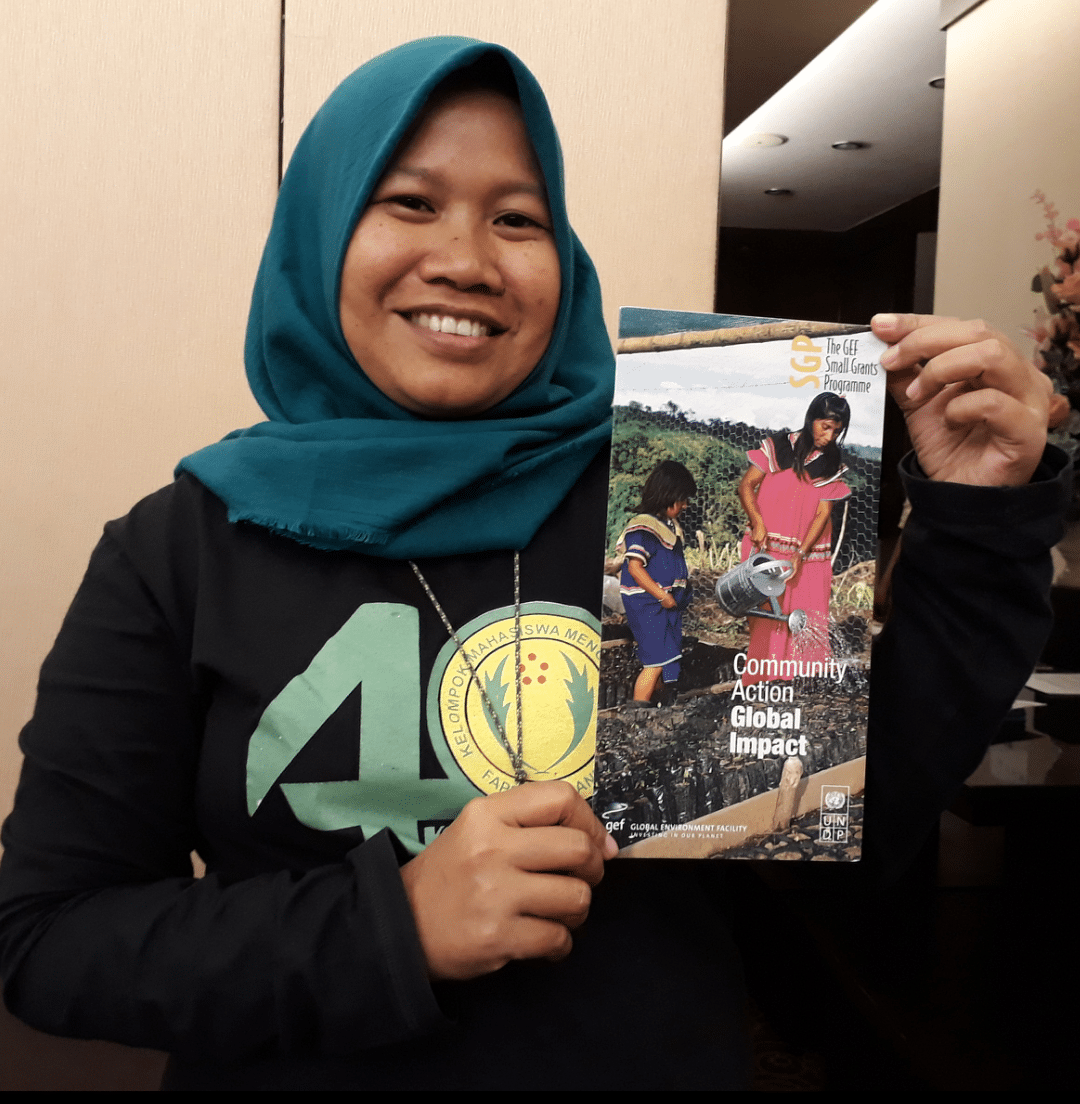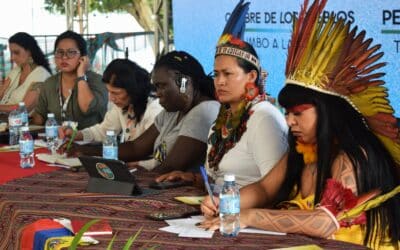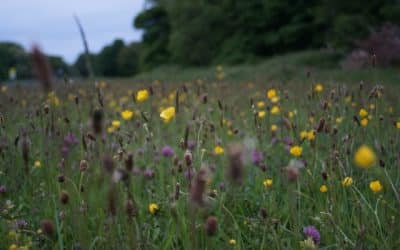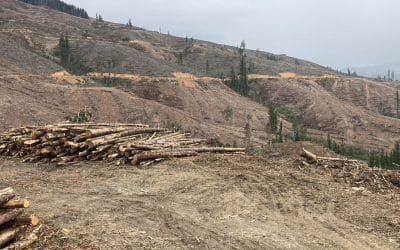People’s Summit: Tribunal in Defense of the Bodies and Territories of Women and Gender-Diverse People
By the Brazilian Women’s Alliance (AMB) and the Global Forest Coalition (GFC) Photos by Pilar Anco of CMP Flora Tristán and Fran Ribeiro/SOS CorpoOn Friday, November 14, the Global Forest Coalition (GFC), the Brazilian Women's Alliance (AMB), the International Women,...




